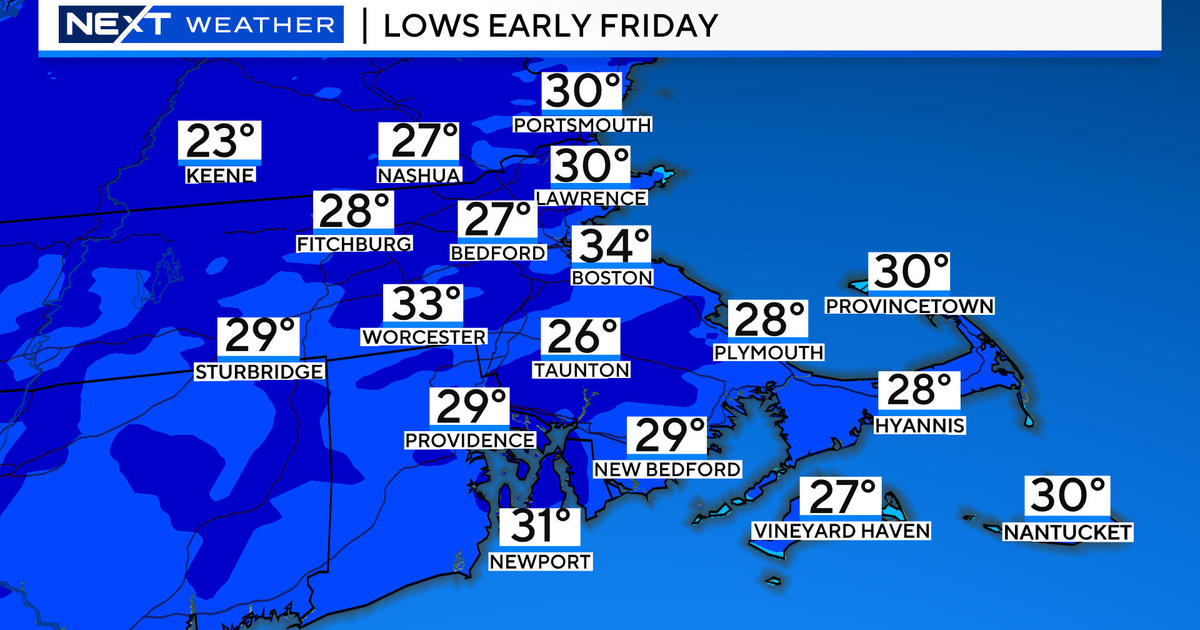Why A Rainy Summer Could Actually Mean Higher Water Rates For Some Communities
WORCESTER (CBS) -- If you are searching for an upside to all this rain, you might think, "At least my lawn is green, and I won't have a huge water bill."
Experts tell us this may be true, in the short run. Lawn irrigation can cause water usage to skyrocket during the summer which can mean some pretty steep bills, particularly if you are in a community with a tiered payment system that increases the rate once you hit a certain level of usage. Without the sprinklers, bills will be lower.
Here's the problem: Many communities rely on the revenue generated from homeowners watering their lawns during the hot summer months. No sprinklers mean a lot less money coming in to run the water department.
"We still have that fixed cost," explained Worcester's Water and Sewer Director Philip Guerin. "The only way we can pay the fixed cost is to increase the rate."
This can also happen during extreme droughts. If communities are forced to limit lawn watering to conserve water, the water departments take a revenue hit then as well. "It's a tough sell on the customers because you tell them, 'you need to conserve', so they do and then you increase their rate," Guerin added.
The bigger issue here is that for many communities, ratepayers provide almost all the operating budgets. The federal government pulled the plug on subsidies for water infrastructure several decades ago. "There's no more grant money, at all," Guerin said.
It's not just the day-to-day expenses, a lot of communities are facing crumbling infrastructure.
"We all have the same dilemma of pipes in the ground that were put in during the Civil War that are failing," Guerin said.
Those upgrades are expensive and lead to significant debt loads, and once again the revenue generated from homeowners and business is the only way to pay for it.



